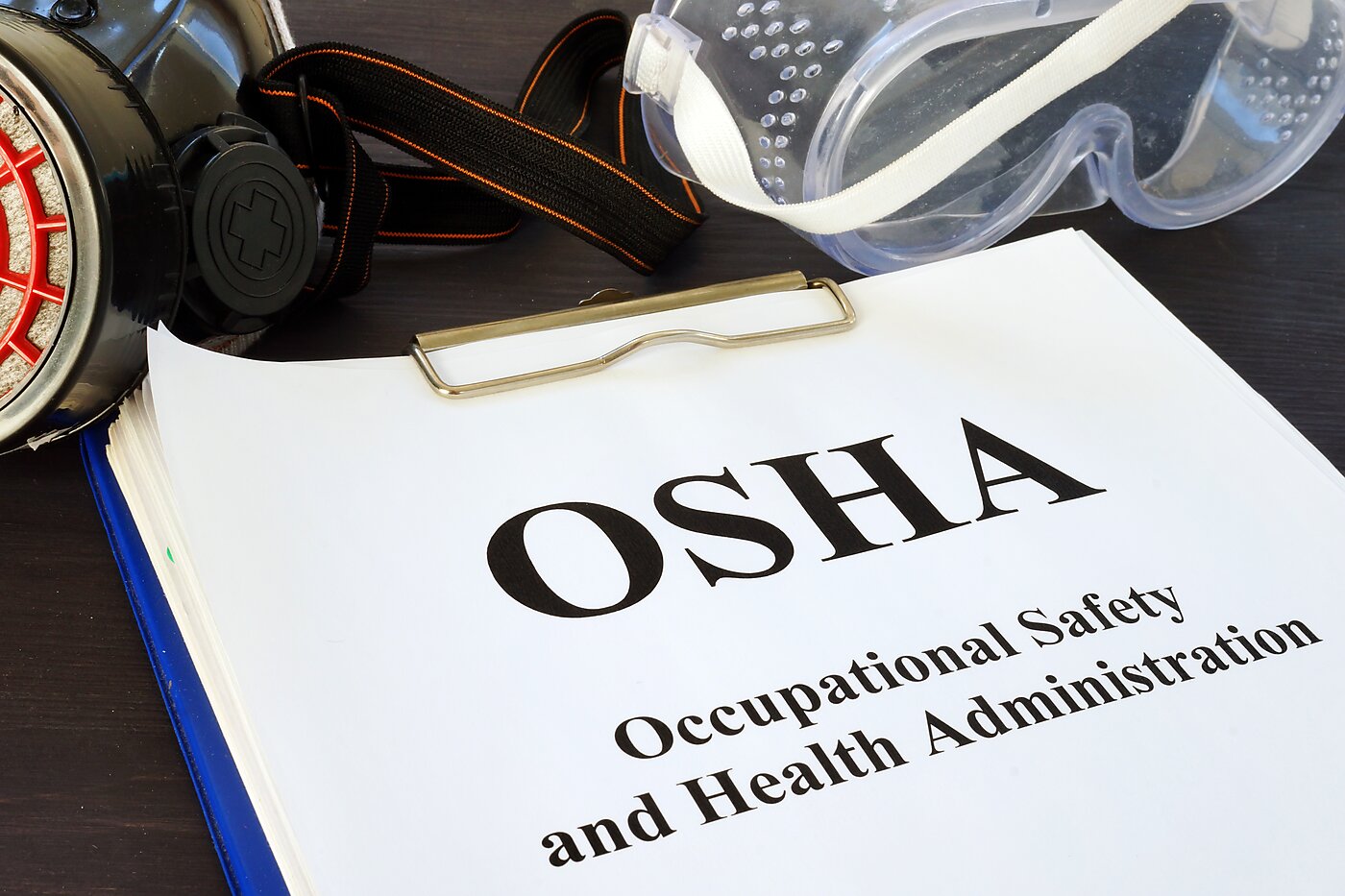Thomas A. Berry and Nathaniel Lawson

The Framers of the Constitution understood that the separation of powers is “essential to the preservation of liberty.” In line with this understanding, the Constitution was designed to ensure that no single branch of government could accumulate too much undivided power. The Constitution thus vests “all legislative Powers” in Congress, vests the executive power in the president, and vests the judicial power in the federal courts. Critical to this design is the “nondelegation doctrine,” which prohibits Congress from blurring these lines by delegating its legislative power to the executive branch.
The Occupational Safety and Health Act (the OSHA Act) violates the nondelegation doctrine by granting the executive branch virtually unlimited policymaking authority. The OSHA Act grants the secretary of labor the authority to impose any “occupational safety and health standard” so long as it is “reasonably necessary or appropriate to provide safe or healthful employment and places of employment.” The secretary has delegated this power to the Occupational Safety and Health Administration (OSHA).
Through this statutory language, the OSHA Act grants the executive branch regulatory authority over essentially every American business. The only restriction on this regulatory discretion is that OSHA must deem its regulation to be “reasonable,” but in practice that is no restriction at all. No other statute grants an agency such a broad authority with such complete discretion.
For these reasons, an Ohio business has challenged the OSHA Act as an unconstitutional violation of the nondelegation doctrine. The US Court of Appeals for the Sixth Circuit rejected that challenge, but the business has petitioned the US Supreme Court for review. And Cato has filed an amicus brief supporting that petition.
Our brief recounts that for most of the last century, the Supreme Court has held that a delegation of authority complies with the nondelegation doctrine so long as it provides the executive branch with an “intelligible principle” to guide its discretion. But there is serious reason to doubt whether this lenient standard adequately protects against Congress delegating its legislative power. Before the New Deal era, the traditional standard in nondelegation cases was more strict, requiring Congress to decide major questions of policy and permitting the executive only to “fill up the details.”
But even under the lenient “intelligible principle” standard, the OSHA Act violates the nondelegation doctrine. In Panama Refining Co. v. Ryan (1935), the Supreme Court provided a two‐part test to determine whether a statute violates the nondelegation doctrine: “(1) ‘whether the Congress has required any finding by the President in the exercise of the authority,’ and (2) ‘whether the Congress has set up a standard for the President’s action.’”
The OSHA Act meets neither of these requirements. The Act’s “reasonably necessary or appropriate” language is even more vague than other provisions that have been upheld by the Supreme Court in previous nondelegation challenges. And unlike those upheld statutes, the OSHA Act provides no criteria binding OSHA’s discretion beyond that language.
Admittedly, the question whether a statute has crossed the line and unconstitutionally delegated legislative power can at times be difficult to discern. But as the Supreme Court itself has made clear, “the inherent difficulty of line‐drawing is no excuse for not enforcing the Constitution.” The Court should take this case and get back in the business of meaningfully enforcing the nondelegation doctrine.






















